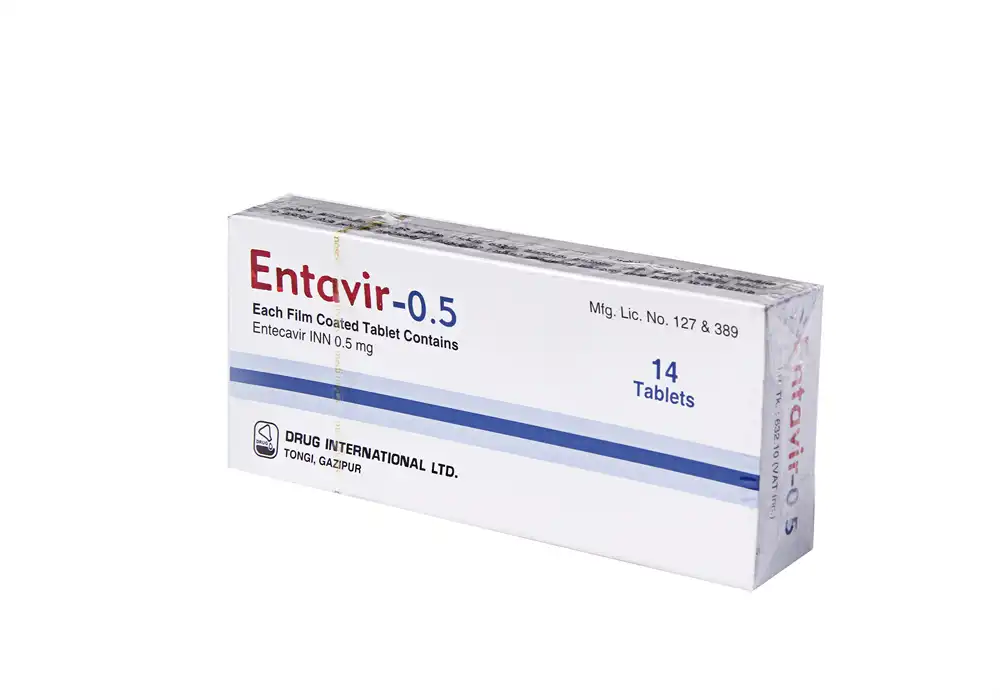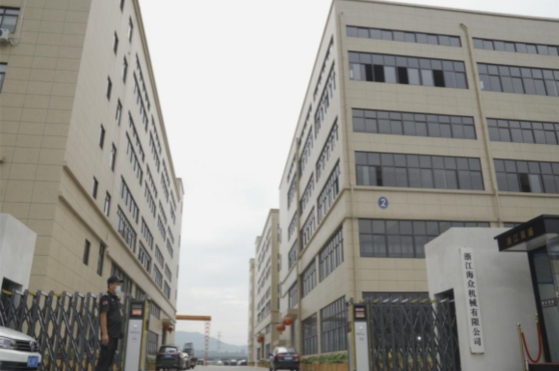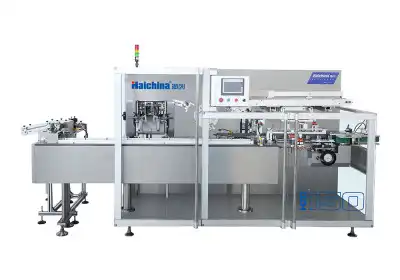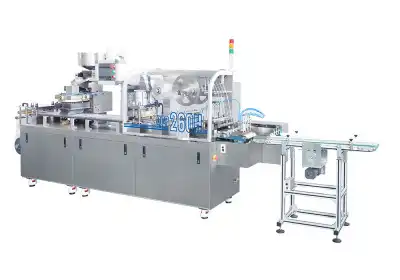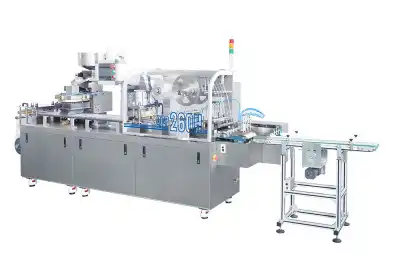Understanding Overwrapping Technology and Its Applications
The Mechanics of Overwrapping
Overwrapping machines are sophisticated pieces of equipment designed to envelop products in a protective film or paper. These machines utilize a series of rollers, folders, and sealing mechanisms to create a tight, secure wrap around items of various shapes and sizes. The process typically involves feeding the product into the machine, where it's surrounded by the wrapping material, which is then folded and sealed to create a professional finish.
Versatility in Packaging Solutions
One of the primary advantages of overwrapping technology is its versatility. These machines can handle a wide array of products, from small pharmaceutical boxes to large multipack bundles. The flexibility extends to the types of materials used, including cellophane, polypropylene, and paper, allowing businesses to choose the most suitable option for their product's protection and presentation needs.
Industries Benefiting from Overwrapping
Overwrapping machines have found their place in numerous sectors. In the pharmaceutical industry, they ensure tamper-evident packaging for medicines. Cosmetics companies utilize them to create attractive, sealed packaging that preserves product integrity. Food manufacturers rely on overwrapping to extend shelf life and maintain product freshness. The technology's adaptability makes it an invaluable asset across diverse manufacturing environments.
Key Features to Consider When Choosing an Overwrapping Machine
Production Speed and Capacity
When selecting an overwrapping machine, production speed directly impacts overall manufacturing efficiency and profitability. High-capacity models capable of handling hundreds of products per minute can dramatically increase output, meeting the needs of high-demand operations. However, excessive speed without proper control can lead to packaging inconsistencies. Therefore, it’s vital to choose a machine with variable speed adjustments and synchronized feeding mechanisms to ensure consistent performance, precision wrapping, and smooth adaptation to different production scales and product categories.
Automation and Integration Capabilities
Advanced automation is a defining characteristic of modern overwrapping equipment. Machines featuring automatic feeding, film alignment, and inline inspection systems can optimize workflow and maintain consistent packaging standards. Integration with conveyors, labeling systems, and downstream packing stations further enhances efficiency across the entire production line. Smart control interfaces and real-time data monitoring also enable better process management, predictive maintenance, and reduced operational errors, making automation a cornerstone of reliable, scalable packaging performance.
Customization and Flexibility
Versatility is essential for companies handling multiple product formats or seasonal packaging requirements. A flexible overwrapping machine allows for rapid adjustments in film type, wrapping dimensions, and sealing techniques without lengthy downtime. Quick changeover systems and programmable wrapping parameters help manufacturers efficiently switch between product batches. Additionally, machines with memory storage for preset configurations streamline operations, ensuring consistent wrapping quality while supporting creativity in packaging design and responsiveness to shifting market needs.
Evaluating Cost-Effectiveness and Long-Term Value
Initial Investment vs. Operational Costs
While the initial purchase price of an overwrapping machine can appear high, it’s essential to analyze the complete cost structure over the equipment’s lifecycle. Premium models are typically engineered for durability and energy efficiency, reducing power consumption and packaging material usage. Furthermore, automation features can streamline workflow and minimize human error, lowering labor costs. Over time, these operational savings offset the initial investment, providing measurable financial and productivity gains for long-term packaging operations.
Maintenance and Support Considerations
Sustaining reliable performance from an overwrapping machine requires consistent maintenance and access to dependable technical support. When evaluating suppliers, it’s important to confirm the availability of replacement components, service documentation, and prompt customer assistance. Many reputable manufacturers now include predictive maintenance tools and online diagnostic systems that help detect issues early. Such proactive support minimizes production interruptions, optimizes machine uptime, and enhances overall return on investment by prolonging the system’s effective operating life.
Return on Investment Analysis
Assessing the financial return of an overwrapping machine involves examining multiple operational metrics beyond simple cost savings. Businesses should evaluate gains in packaging speed, consistency, and quality, as well as reduced waste and labor expenses. Additionally, enhanced product presentation can improve market competitiveness and brand perception, driving increased sales. By integrating these quantitative and qualitative factors, companies can determine the payback period and confirm that the equipment delivers strong long-term economic and strategic value.
Conclusion
Selecting the right overwrapping machine for bulk purchases is a critical decision that can significantly impact your business's efficiency and product quality. By carefully considering factors such as production speed, automation capabilities, customization options, and long-term value, you can make an informed choice that aligns with your operational needs and growth objectives. Remember, the best overwrapping machine is one that not only meets your current requirements but also has the flexibility to adapt to future challenges and opportunities in your industry.
FAQs
1. What types of products can be packaged using an overwrapping machine?
Overwrapping machines are versatile and can package a wide range of products, including pharmaceuticals, cosmetics, food items, and consumer goods of various sizes and shapes.
2. How does an overwrapping machine improve packaging efficiency?
These machines automate the packaging process, significantly increasing production speed and consistency while reducing labor costs and material waste.
3. What maintenance is required for an overwrapping machine?
Regular maintenance typically includes cleaning, lubrication, and periodic replacement of wear parts. Many manufacturers offer comprehensive service packages to ensure optimal performance.
Best Overwrapping Machine for Bulk Purchase: Expert Solutions | Haichina
At Haichina, we specialize in providing top-tier overwrapping machines tailored for bulk purchase needs. Our equipment combines high-speed operation with precision packaging, ensuring optimal efficiency for your production line. With over 20 years of industry experience, we offer fully customizable solutions that meet CE and cGMP requirements. Our machines are designed for safe operation, easy maintenance, and hygienic packaging, making them ideal for pharmaceutical, cosmetic, and food industries. For expert guidance on selecting the perfect overwrapping machine for your business, contact us at [email protected].
References
Smith, J. (2023). "Advanced Packaging Technologies in Manufacturing". Industrial Engineering Quarterly, 45(2), 112-128.
Johnson, A. et al. (2022). "Efficiency Gains Through Automated Overwrapping: A Case Study". Journal of Packaging Science, 18(4), 203-217.
Brown, T. (2023). "Sustainability in Industrial Packaging: Trends and Innovations". Green Manufacturing Review, 7(1), 55-70.
Lee, S. and Park, H. (2022). "Cost-Benefit Analysis of High-Speed Packaging Equipment". International Journal of Production Economics, 230, 107868.
García-Arca, J., Prado-Prado, J. C., & Fernández-González, A. J. (2023). "Packaging Logistics and Supply Chain Management: An Integrated Approach". Supply Chain Management: An International Journal, 28(1), 34-52.
Wilson, M. (2023). "The Future of Packaging: AI and IoT Integration in Overwrapping Machines". Tech in Manufacturing, 12(3), 89-104.
